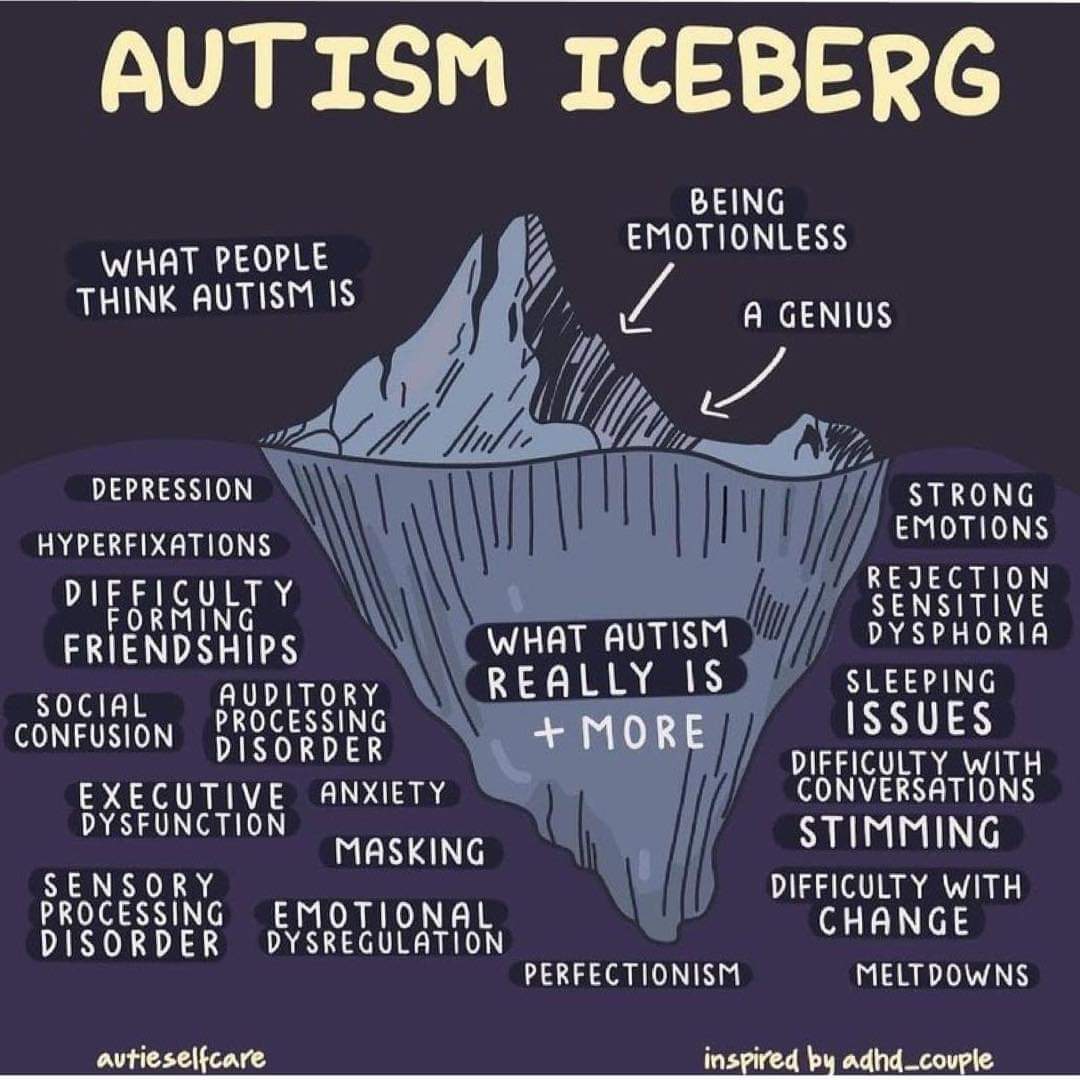Is autism linked to shame?
- 13 February 2017
- Posted by: Michael H Hallett
- Category: Shame ,

On this site I’ve written extensively about unconscious shame. Over the years, my understanding of the power of unconscious shame has grown. One of the areas where my knowledge has grown is around generational trauma. This is unprocessed trauma and shame that we inherit from our parents and that affects us from birth. This trauma and shame can be powerful enough to cause arrested development. Is it possible that inherited trauma and shame cause autism?
The number of people diagnosed with some form of autism has taken a huge upturn in recent years. As the numbers have increased, so has the data, allowing checklists of characteristics (social skills, linguistics, emotions and behaviour) to be more accurately compiled. For social skills alone, they include the following:
- Little to no eye contact.
- Resistance to being held or touched.
- Responds to social interactions, but does not initiate them.
- Does not generally share observations or experiences with others.
- Aversion to answering questions about themselves.
- Seems unable to understand another’s feelings.
- Prefers to be alone, aloof or overly-friendly.
- Difficulty maintaining friendships.
- Unaware of/disinterested in what’s going on around them.
- Overly trusting or unable to read the motives behind people’s actions.
- Minimal acknowledgement of others.
Britain’s National Health Service provides this list of symptoms. This infographic also clearly displays how many of the traits of autism are related to feelings of anxiety, insecurity and shame around who we are.

Characteristics
Rather than looking at these traits in detail, let’s ask an overarching question: Why are the characteristics of the autism spectrum the characteristics of the autism spectrum? Why THOSE characteristics and not other characteristics? (Okay, that’s two questions—well, two versions of the same question.)
This question is significant because the characteristics of autism often revolve around fears of presenting oneself to the world and a lack of emotional fluidity.
Sexuality is rarely mentioned in relation to autism (understandably, as much of the writing on the subject concerns autistic children). But it’s pretty obvious that sex—which involves presenting the naked self to another and requires high empathy and other social skills—is very challenging terrain for adults on the autistic spectrum.
Autistic characteristics are not random. They are highly specific. They represent defence mechanisms to cope with social fears.
Autistic characteristics are not random. They are highly specific. They represent defence mechanisms to cope with social fears. As a result, autistic people minimise social contact and try to structure their world along predetermined, rigid patterns to ward off the need to cope with fluctuating emotions and unexpectedly changing situations.
Autism and shame
In other blogs I’ve examined how various social issues currently reaching epidemic levels—such as anxiety, panic attacks and self-harm—are all based on a fundamental shame that leads to emotional disconnection. I call these shame-based issues. The traits listed above are functionally identical to these shame-based behaviours. This begs another question: Are the autism spectrum disorders an extreme example of shame-based behaviour?
I’m not in any way an expert on autism, but I am an expert on unconscious shame. One of the things I’ve noticed over the years, is that all the parents I know with autistic children have issues with shame, particularly sexual shame. They tend to be highly intelligent, uncomfortable with their bodies, uncomfortable with touch, and with sexuality.
Take those characteristics and amp them up—say by having children that are more sensitive than their parents—and you end up with exactly the list of symptoms given above. We know that trauma and shame can be transmitted from one generation to another via epigenetic inheritance. From personal experience I know generational trauma can arrest the development of social skills right from birth.
All the mechanisms are in place for one generation’s shame to become the next generation’s autism.
Working with autism
The last piece of circumstantial evidence I have is this. A friend of mine, who understands unconscious shame very well, has an autistic step-son. The more he relates to his step-son using his knowledge of shame, the more he’s able to elicit positive responses. That work is in its infancy but tends to support the view that shame is a factor in the development of autism. It also suggests possible avenues for working with autism.
Other shame-based issues are treatable with personal development work that accepts and alleviates the core shame. Is it possible the same approach would work with autism?
Photo by Michał Parzuchowski on Unsplash
